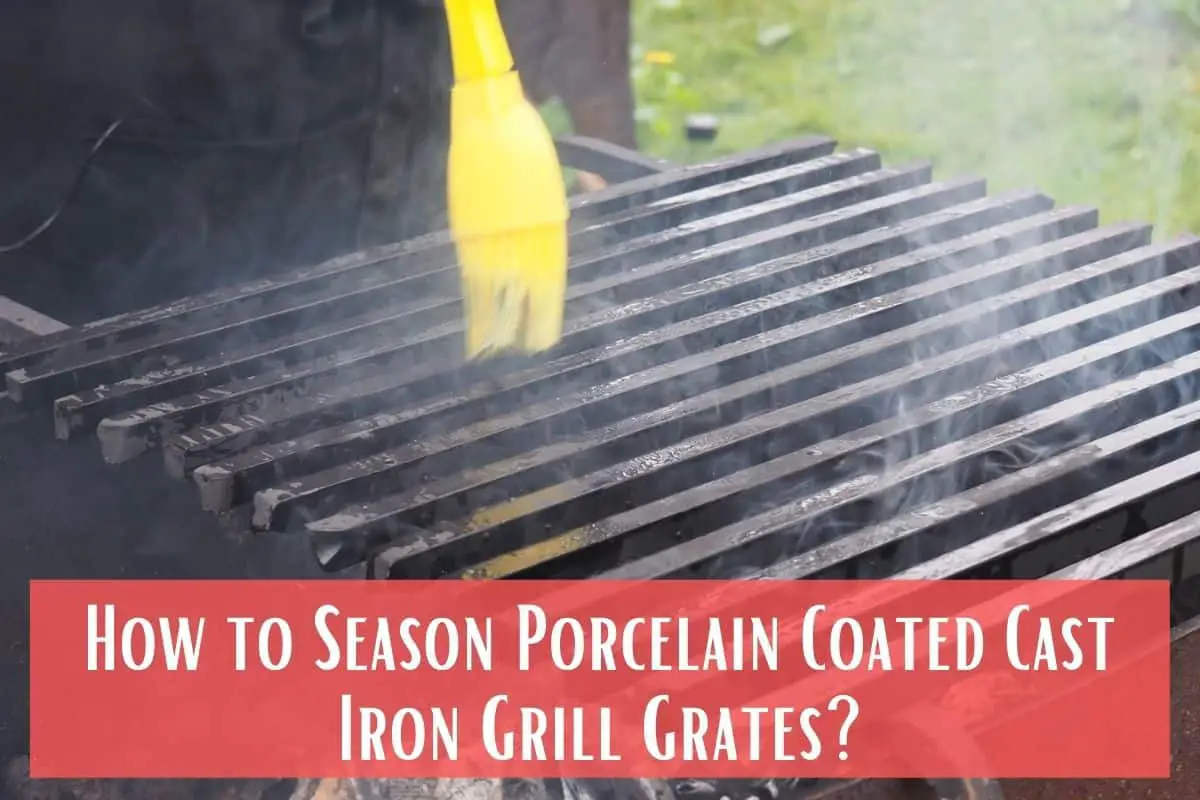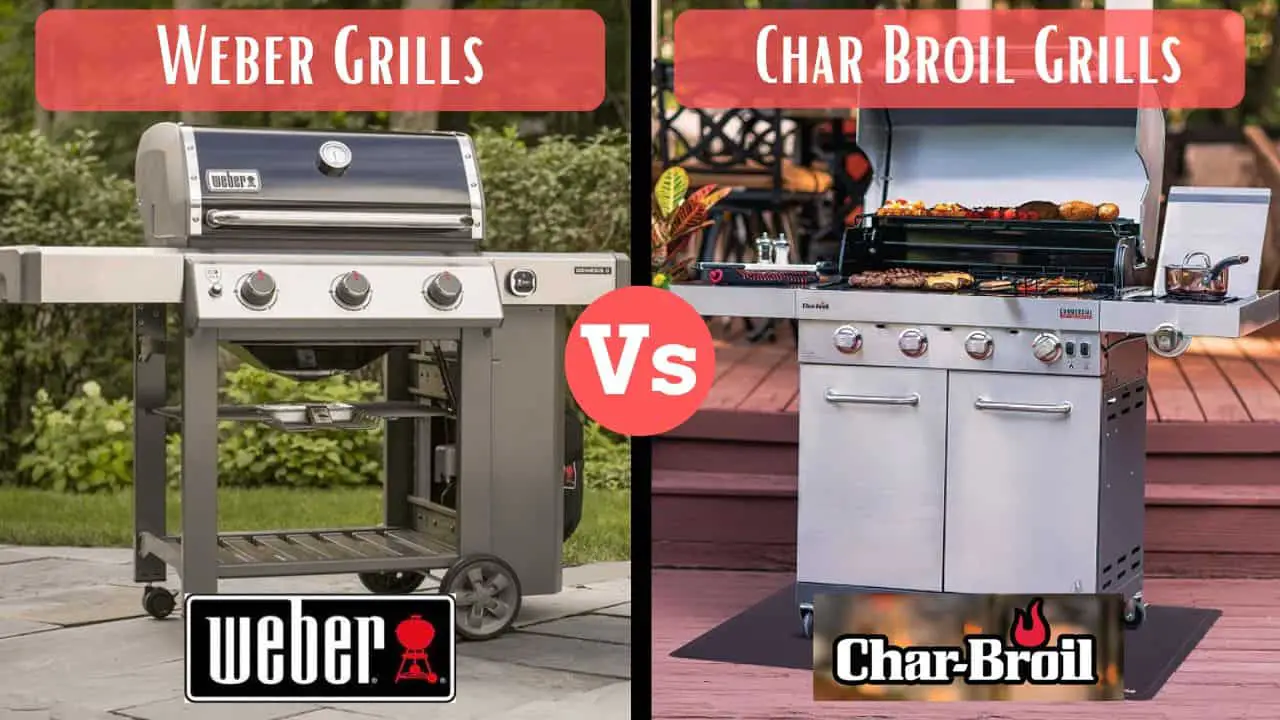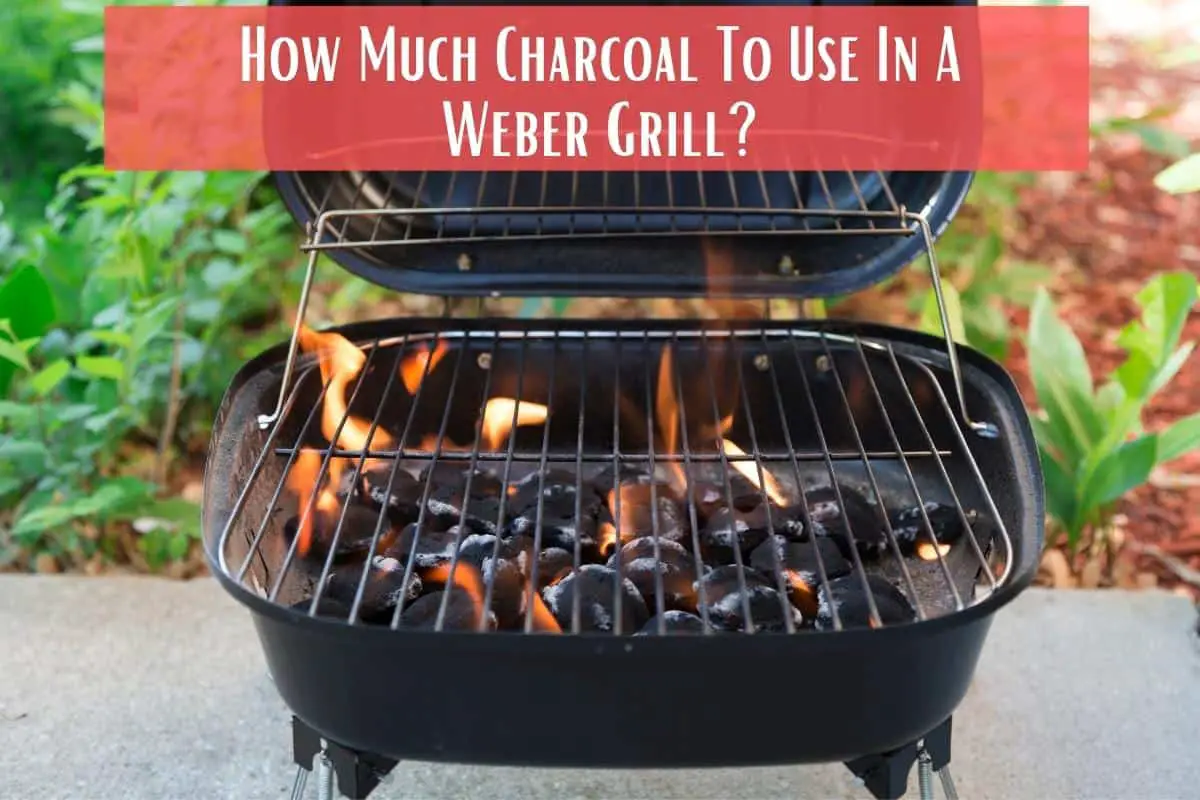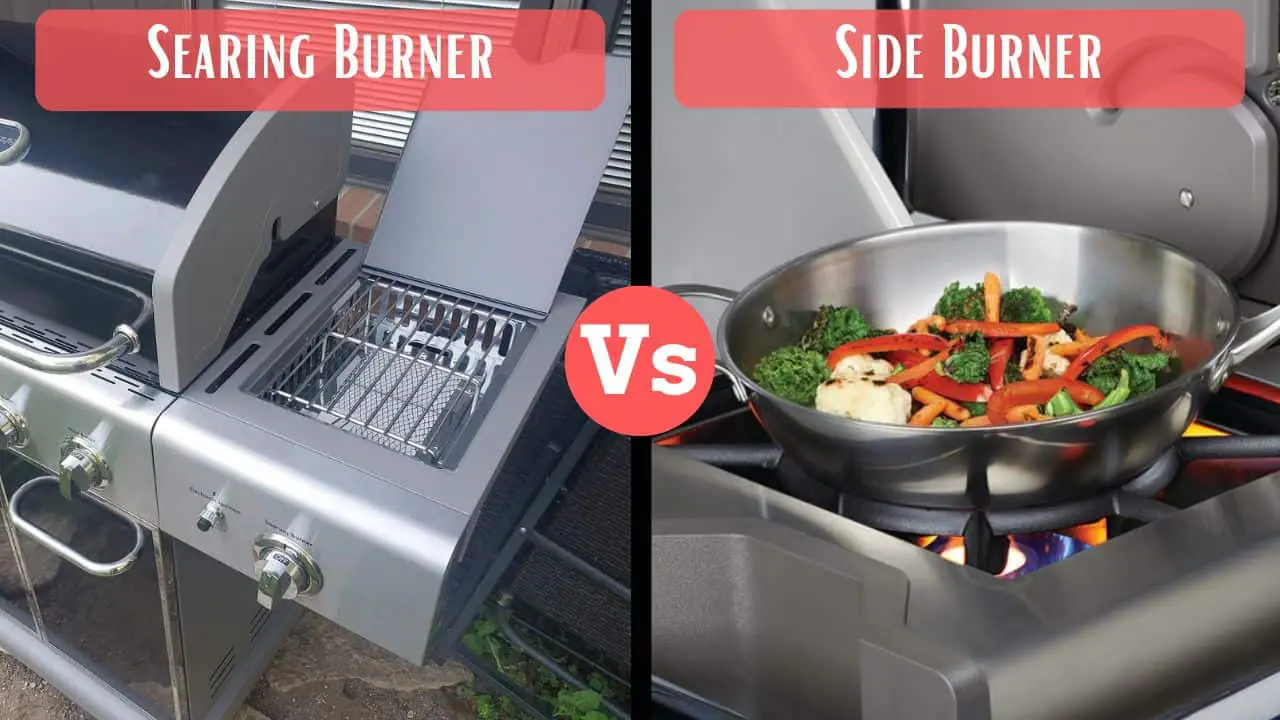One of the hot topics, and often a reason for debate among grilling enthusiasts is seasoning, more specifically how to season porcelain coated cast iron grill grates.
Porcelain coated cast iron grill grates provide you with all the benefits of cast iron grilling without the maintenance of cast iron.
This means that owing to their porcelain coated surfaces, you will never have to season porcelain enamel cast iron grill grates.
But even though cast iron grill grates do not need seasoning, seasoning your grill grates guards them against rust, and enhances their longevity.

Adding to this, with regular seasoning, your grill grates become much easier to clean.
Table of Contents
- 1 What is Seasoning of Grill Grates?
- 2 Why do Porcelain Coated Cast Iron Grill Grates Need to be Seasoned?
- 3 How to Season Porcelain Coated Cast Iron Grill Grates?
- 4 How Often do Porcelain Coated Grill Grates Need Seasoning?
- 5 What Type of Oil Can be Used to Season Porcelain Coated Cast Iron Grill Grates?
- 6 How to Make Porcelain Coated Cast Iron Grill Grates Last Longer?
What is Seasoning of Grill Grates?
Seasoning grill grates doesn’t mean adding flavored seasoning to the grates, but is the process of removing contaminants, repelling rust, and sealing the pores to prevent the food from sticking.
The process of seasoning grill grates entails heating and oiling the grates to keep your grill operating at its prime.
There are several different ways to season porcelain coated cast iron grill grates including with good ol’ vegetable oil.
Why do Porcelain Coated Cast Iron Grill Grates Need to be Seasoned?
It’s that perfect time of year to fire up the grill, but wait, not so fast! You’ve got to perform the important task of seasoning your grill’s grates, and here’s why!
Even if you’ve bought a brand new grill, seasoning the grates gets rid of all the oils and contaminants from the factory it was made in such as residual paint, manufacturing oils, metal shavings and dust—none of which you want added to your food.
Apart from these, it’s a good idea to season porcelain enameled cast iron cooking grates, most notably:
- The porcelain coating may wear off over time
- You bought a used grill or used grates
- Seasoning grill grates does increase their service life
- Seasoning porcelain coated cast iron grill grates doesn’t cause damage
- Food is sticking to your grates
How to Season Porcelain Coated Cast Iron Grill Grates?
Before getting started with seasoning your grill grates, there are a few things you will need for effective seasoning.
What Do You Need to Season Grill Grates?
- Grill brush and scraper
- Solid heat resistant oil such as vegetable oil
Steps to Season Cast Iron Grill Grates
- First things first—you need to start off with a cool grill, so if you’ve just finished grilling, allow the appliance to cool down completely.
- Next, use the grill brush to clean the grates to get rid of any stuck-on food or debris.
- You will need a generous amount of oil to season grill grates. Fill a spray bottle with high-heat oil, and spray the grates to ensure full coverage.
- Turn the grill on to its highest heat setting, and leave it for roughly 30 minutes. You will notice the grates starting to darken, and the darker the grill grates get with each seasoning, the more grill flavor you will experience over time.
- Turn the grill off, and let it cool, and voila, your grill grates are seasoned.
How Often do Porcelain Coated Grill Grates Need Seasoning?
Many seasoned grillers including myself say to season your grates after each cook, but it’s a good practice to season every few months or so.
This schedule will prevent rust from forming, and will help you maintain a beautiful non-stick seasoned coating of your grates.
What Type of Oil Can be Used to Season Porcelain Coated Cast Iron Grill Grates?
One of the steps to seasoning grill grates involves very high heat, which is why some manufacturers recommend using canola or peanut oil because they have a smoke point of over 450-degrees Fahrenheit.
The last thing you want is the oil to burn, which can ruin the seasoning process as well as the taste of your food.
Since oil is an important part of seasoning grill grates, it’s good to understand the role oil plays in this process.
Oil does two different things—polymerization and carbonization, both of which are important processes for seasoning your grill grates.
How to Make Porcelain Coated Cast Iron Grill Grates Last Longer?
When it comes to care, there are several things you can do to make your porcelain coated cast iron grill grates last longer.
- Before you start each grilling session, it’s recommended that you preheat your grill between 500-550°F, use a grill brush to remove any debris and leftover food from your grates, and then adjust your control knobs to the desired cooking temperature.
- Even though porcelain grates do have a coating, that coating can wear off after a period of time, giving way to rust on the grates.
- You can prevent the onset of rust by cleaning your grates after each use, especially if you’re using marinade.
- Stop using excessive marinade and BBQ sauce too early in the grilling process, because doing so may cause the sugar to burn, and showcase a dark color and an off-putting taste.
- Another great way to improve the longevity of porcelain coated cast iron grill grates us by simply using the right tools and cleaners.
There’s no shortage of cheap quality grill tools and cleaners in the market, but their tradeoff is both short- and long-term damage to your grill grates.




